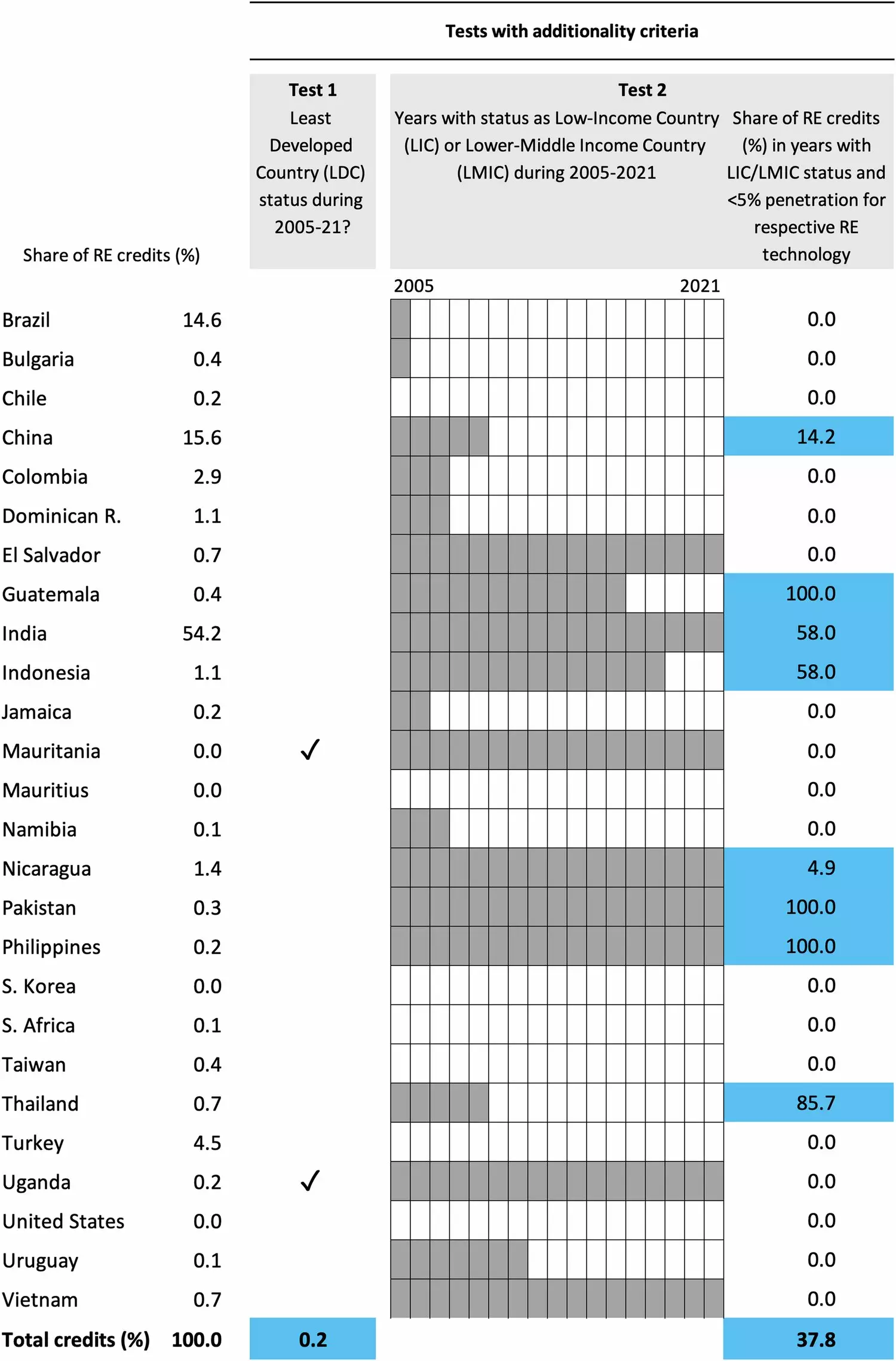In recent years, a multitude of corporations have publicly declared their commitment to carbon neutrality. However, a critical analysis of these assertions reveals significant discrepancies between corporate claims and the actual effectiveness of their carbon offset strategies. A study conducted by researchers at Kyoto University shines a light on the practices of twenty companies that have aggressively retired carbon offsets in the voluntary carbon market (VCM). The findings raise pressing concerns about the quality of the carbon credits being purchased, shedding doubt on the integrity of their proclaimed emissions reductions.
Dissecting the Data
The study examines a dataset that spans the years 2020 to 2023, sourced from the largest registries in the VCM, including Verra’s Verified Carbon Standard, the United Nation’s Clean Development Mechanism, and Gold Standard. Collectively, the 20 companies in question contributed to over 20% of all retired offsets during this period. Each of these corporations has notably lacked a robust portfolio of high-quality carbon credits. Instead, they have predominantly chosen lower-cost, lower-quality options, many derived from projects initiated years ago, which brings into question the genuine impact of their offsetting endeavors.
Lead author Gregory Trencher emphasizes the critical role that the quality of carbon credits plays in the effectiveness of emissions reduction claims. The research highlights that these firms often target inexpensive offsets, which do little to stimulate new investments in climate mitigation technologies. This unfortunate trend suggests that the supply-side issues in the VCM are mirrored by demand-side deficiencies—specifically, the decisions made by corporations in selecting their carbon credits. Companies seem more focused on fulfilling regulatory pressures and projecting a green image than on making meaningful contributions to environmental sustainability.
The implications of these findings are startling, particularly in the context of the net-zero ambitions proclaimed by most of the companies analyzed. Their reliance on dubious carbon credits gives rise to skepticism regarding their motivations and the authenticity of their climate commitments. This situation reinforces a troubling narrative that many large firms indulge in “greenwashing,” where they present misleading information about their environmental practices to maintain a favorable public image, rather than implement substantive measures to decrease emissions at the source.
A Call for Rigorous Governance
As the climate crisis continues to escalate, it becomes increasingly clear that current offsetting practices are not sufficient substitutes for comprehensive government policies aimed at achieving tangible changes in emissions production and energy consumption. Trencher’s research underscores the urgent need for stricter regulations and oversight within the carbon market to ensure that companies cannot merely buy their way out of accountability. Only through rigorous governance can we hope to curtail the emerging trend of greenwashing and foster real advancements in carbon mitigation efforts.
The findings from Kyoto University’s study challenge the narrative of corporate responsibility in climate action. They urge stakeholders—consumers, investors, and policymakers alike—to critically assess corporate claims and demand genuine accountability in the fight against climate change. Without meaningful progress, the promise of a sustainable future remains perilously unfulfilled.

